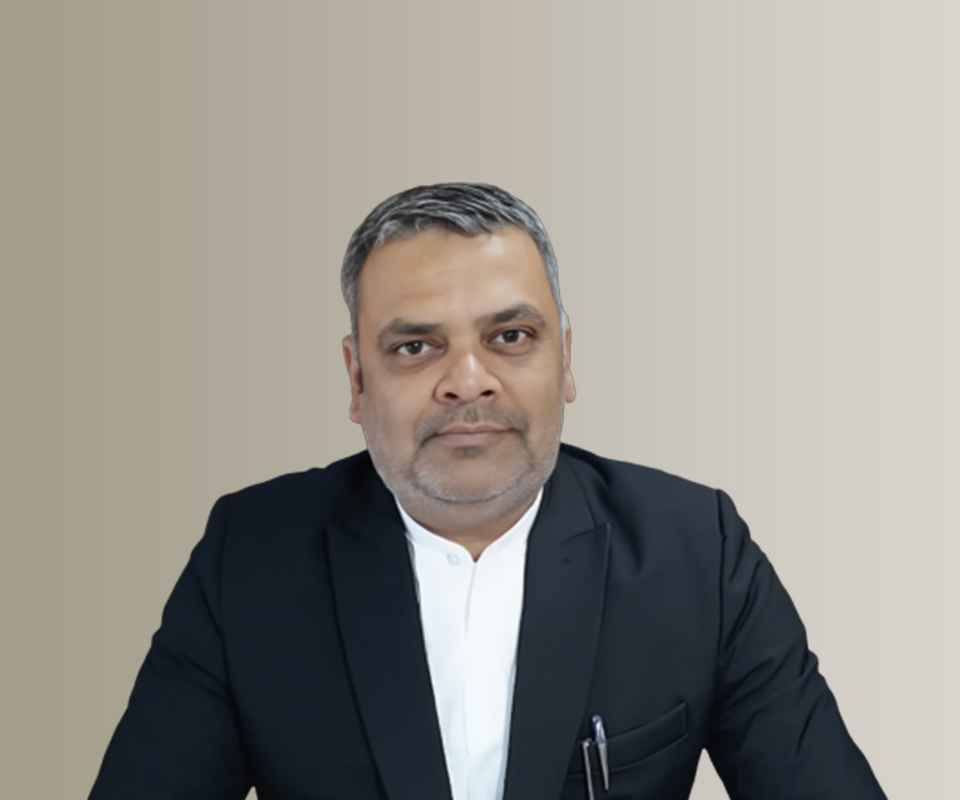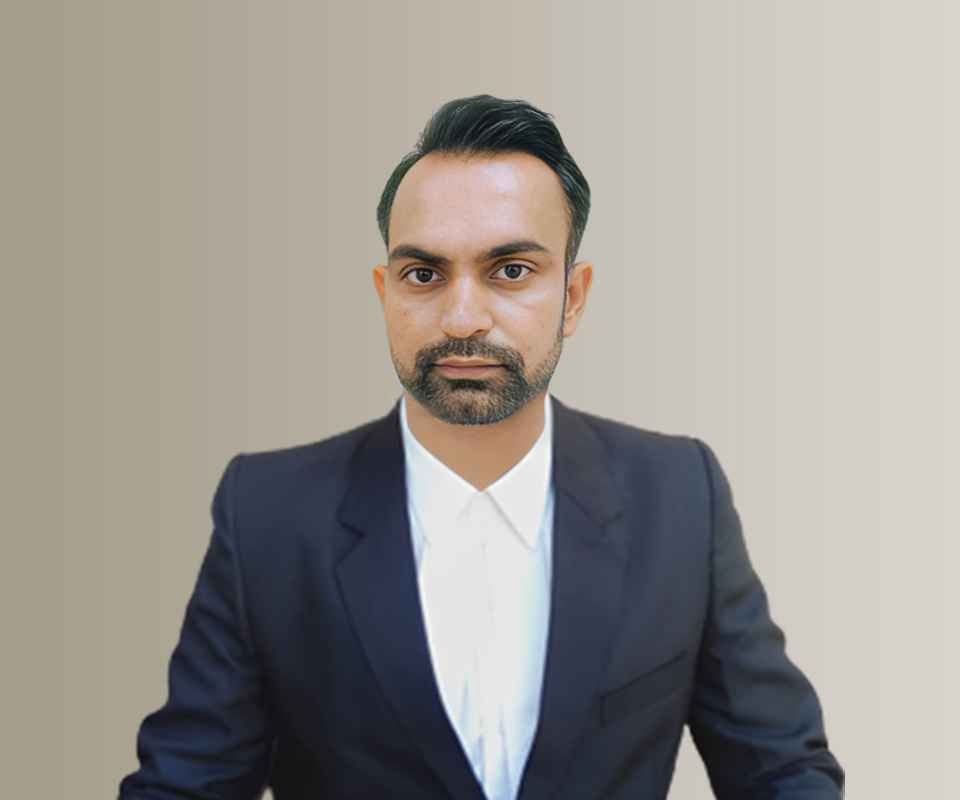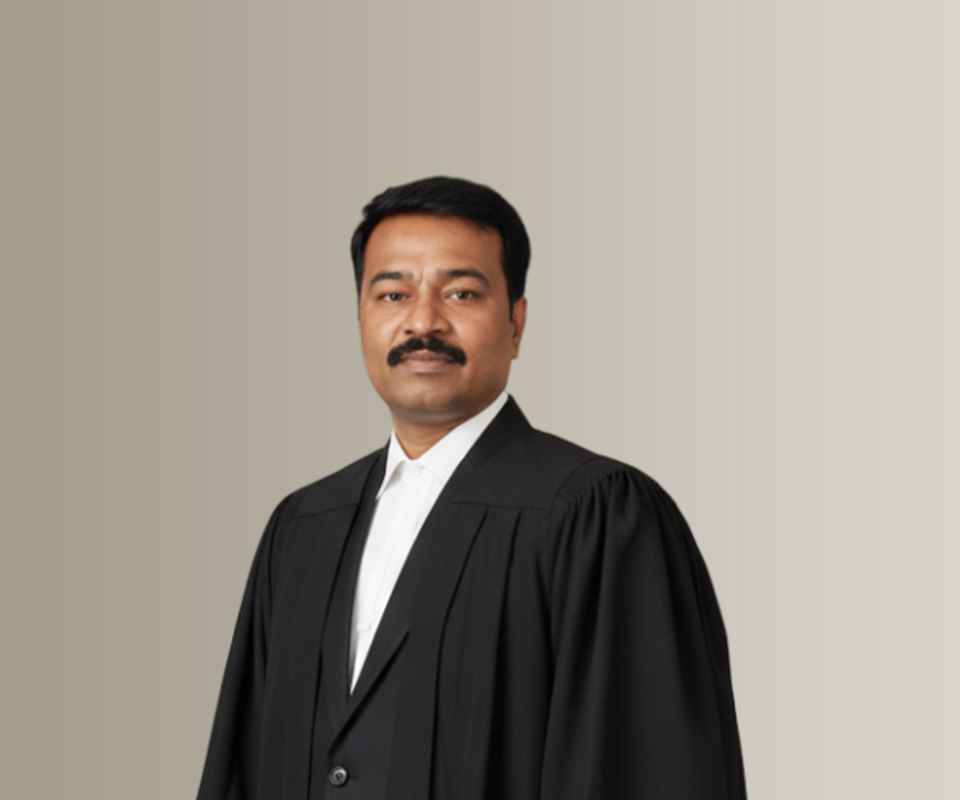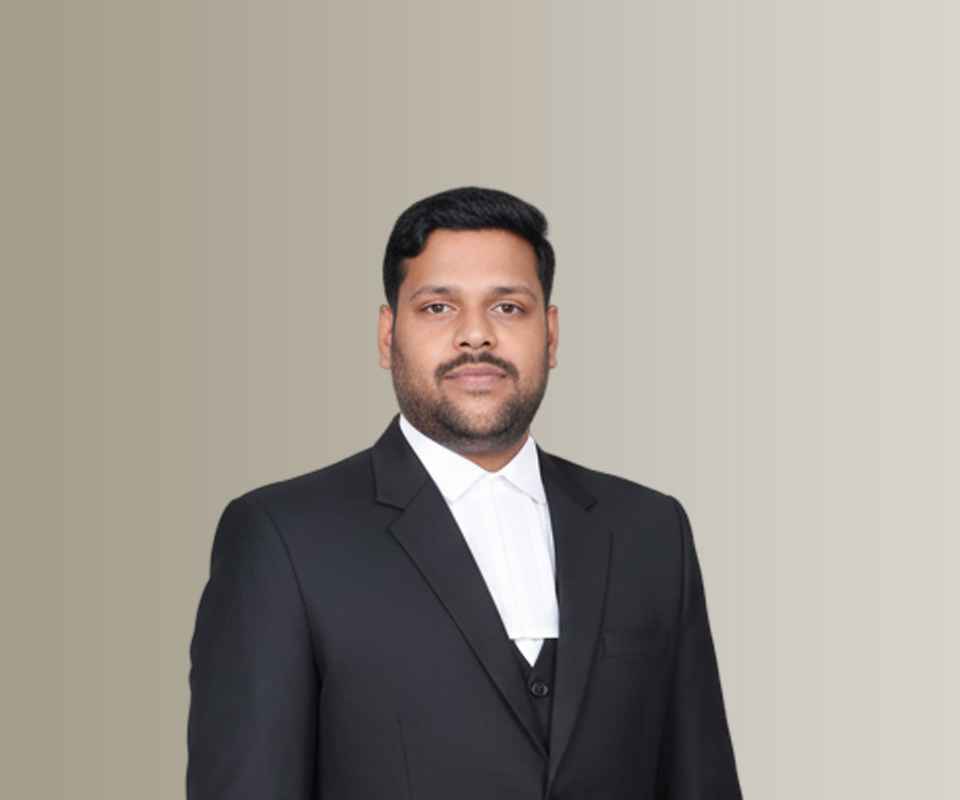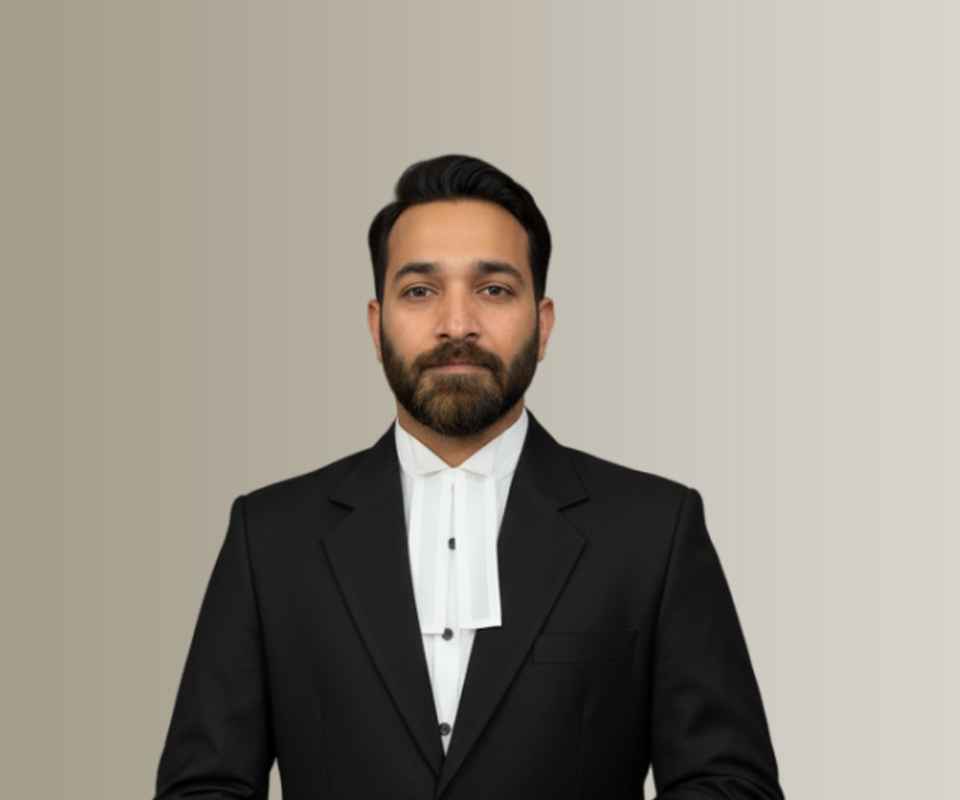Answer By law4u team
A will is a crucial legal document that determines how a person’s property and assets are distributed after their death. However, in cases of fraud or forgery, individuals may attempt to manipulate the contents of the will to their benefit. Challenging a forged will is a serious legal action that requires establishing that the will was created under fraudulent circumstances, which can be a complex and lengthy process.
How To Challenge A Forged Will?:
What Is a Forged Will?:
A forged will refers to a will that has been falsely created, modified, or altered to reflect the intentions of a person other than the deceased. This could involve forging the deceased person’s signature, fabricating witnesses, or altering the terms of the will without the decedent's knowledge or consent.
Grounds for Challenging a Will:
A forged will can be challenged on the grounds of fraud, forgery, or undue influence. The person challenging the will must prove that the will presented in court is not the true will of the deceased, or it was created under fraudulent or deceptive circumstances.
Other grounds for contesting a forged will include proving that the testator (the person who made the will) lacked testamentary capacity, or that the will was not signed by the testator in the presence of witnesses.
Steps to Challenge a Forged Will:
Gather Evidence:
To challenge a forged will, the first step is to gather evidence that supports the claim of forgery. This can include:
- Handwriting analysis to prove that the signature on the will is not the deceased's.
- Witness testimonies to confirm the authenticity of the will or testify to any suspicious activities around the creation of the will.
- Medical records or other evidence to show that the deceased lacked the mental capacity to create or sign the will.
- Expert testimony from forensic handwriting experts may be necessary to prove that the will is forged.
File a Petition in Probate Court:
To challenge the validity of the will, the person contesting it must file a petition in the probate court where the will was submitted for probate. This petition will allege that the will is forged, and the individual will have to provide evidence to support their claims.
The petition should clearly state the reasons why the will is believed to be forged, including specific details and evidence that challenge the authenticity of the document.
Burden of Proof:
In a case involving a forged will, the burden of proof lies with the person challenging the will. They must prove, beyond a reasonable doubt, that the will was not executed properly or was created through fraud or forgery.
This might require presenting clear and convincing evidence, including eyewitness testimonies, expert analyses, or even records that can help establish the will’s forgery.
Probate Process:
Once the will is presented to the court for probate, the court will examine its authenticity. If a forged will is discovered during this process, the court will declare the will invalid.
If there are multiple wills, the court will look at the last valid will executed by the deceased, ensuring that it reflects their true intentions.
Witnesses and Testimonies:
It is important to identify witnesses who were present when the will was executed. If these witnesses are absent or the signatures are forged, it can be a strong indication of forgery.
A contesting party can also bring forward family members or other beneficiaries who may testify that the deceased had no intention to create such a will or that the will presented in court is inconsistent with the deceased’s previous wishes.
Request for DNA or Handwriting Examination:
A forensic handwriting analysis can be requested by the party challenging the will to compare the deceased's handwriting with that on the will. Similarly, a DNA test might be requested if the document was signed in the presence of witnesses whose signatures could be forged.
Experts in forensic documents can confirm if the will’s signature matches the deceased’s handwriting, strengthening the case for forgery.
Challenges to Testamentary Capacity:
One important consideration when challenging a forged will is whether the testator had the testamentary capacity at the time the will was created. If the testator was mentally incapacitated or influenced by another person when making the will, the will may be deemed invalid.
The person contesting the will must prove that the deceased person did not fully understand the nature and effect of the will when it was created, or that they were coerced into signing the will against their wishes.
Court’s Decision:
If the court finds that the will is forged, it will be declared invalid. In such a case, the estate will be distributed according to the deceased’s last valid will or, if no valid will exists, according to the intestate succession laws.
The person challenging the will must be prepared for a potentially lengthy and expensive legal battle, as probate courts often take time to thoroughly investigate such claims.
Impact of Challenging a Forged Will:
If successful, the person challenging the will will receive their share of the estate according to the valid will or inheritance laws. It may also involve nullifying any wrongful distribution made based on the forged will.
Challenging a forged will can also have legal consequences for the individual who forged the will. If proven, it could lead to criminal charges for forgery, fraud, or even contempt of court.
Example:
Imagine a situation where a person named Ramesh has passed away, and his son, Raj, presents a new will in which he is named as the sole heir. However, Ramesh’s daughter, Priya, believes the will is a forgery, as her father had never discussed such a will. She challenges the will by presenting evidence that the signature on the will does not match her father’s handwriting, along with testimonies from family members who were present when Ramesh last discussed his estate plans. After a forensic handwriting analysis and further investigation, the court declares the will to be forged, and Priya is granted her rightful share of the estate according to the previous valid will.
Conclusion:
Challenging a forged will requires strong evidence, legal expertise, and a clear understanding of the probate process. It involves proving that the will in question was either forged or executed under fraudulent circumstances. The process can be complex, but by gathering the right evidence, filing the appropriate legal petitions, and following the court’s procedures, an individual can successfully challenge a forged will and ensure that the estate is distributed in accordance with the true wishes of the deceased.
